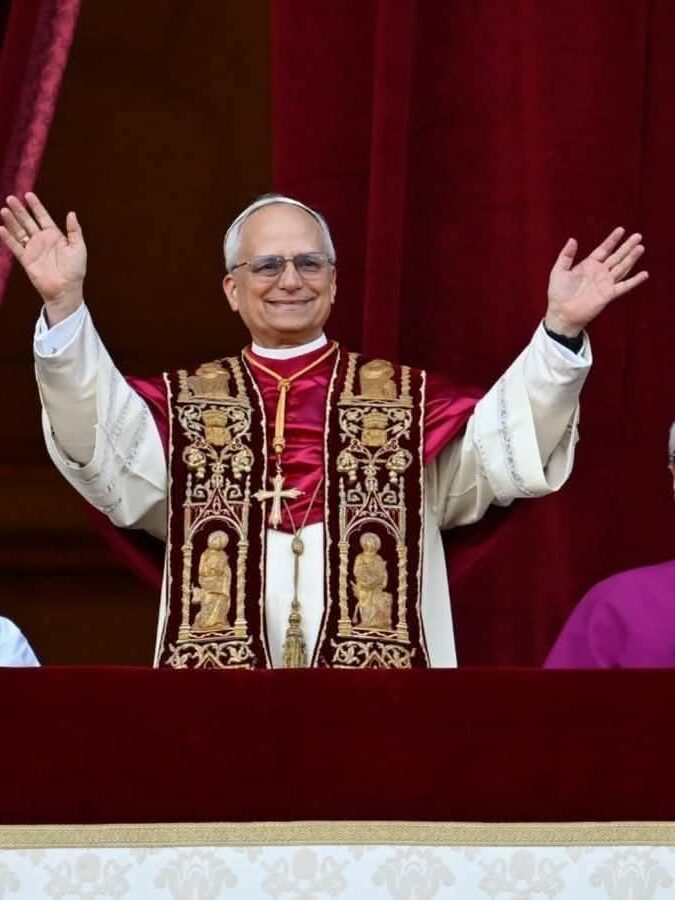PAPAL NAME LEO XIV

Catholic Scholars around world are busy publishing journals or filling columns and authoring blogs.
Others jump from one broadcast media interview to the other.
All this to help the world understand one complex concept in the Catholic tradition after election of Cardinal Robert Francis Prevost as the new Pope.
The concept of papal name or pontifical name or regnal name is yet to be understood by many lay Catholics.
Once elected, popes choose a new papal name, which often reflects the values they intend to embody.
Prevost chose the name Leo, becoming the 14th pontiff to do so — a tradition that dates back to Pope Leo I, also known as Leo the Great, in the year 440. The name Leo “is a deep sign of commitment to social issues
When Cardinal Robert Prevost appeared on the balcony of St. Peter’s Basilica, he was introduced by the name Leo XIV.
The choice may signal what the Catholic Church will look like under his papacy.
By choosing the name Leo, the 267th pope is joining a group of 13 other popes who took the name.
“Leo is a powerful choice,” said Margaret Thompson, an associate professor of history at Syracuse University.
“Leo XIII is considered the father of Catholic social teaching. This signals a potential emphasis on justice, labor, and the church’s role in the modern world.” She added.
The most recent Pope Leo
Leo XIII was elected in 1878 and was known as a reformer, a pontif who emphasized diplomacy, advocated for scientific progress and positioned the church as a defender of human rights.
He wrote in an 1891 encyclical about Catholic social justice and the need to protect working people and affirm workers’ rights.
The 1891 enclyclical is also known as Rerum Novarum.
It translates to “Of New Things” or “Of Revolutionary Change” in English.
It is the title of a papal encyclical issued by Pope Leo XIII in 1891, which addressed the social and economic issues arising from the Industrial Revolution and the growing divide between capital and labor.
The encyclical is considered a foundational document of Catholic Social Teaching.





